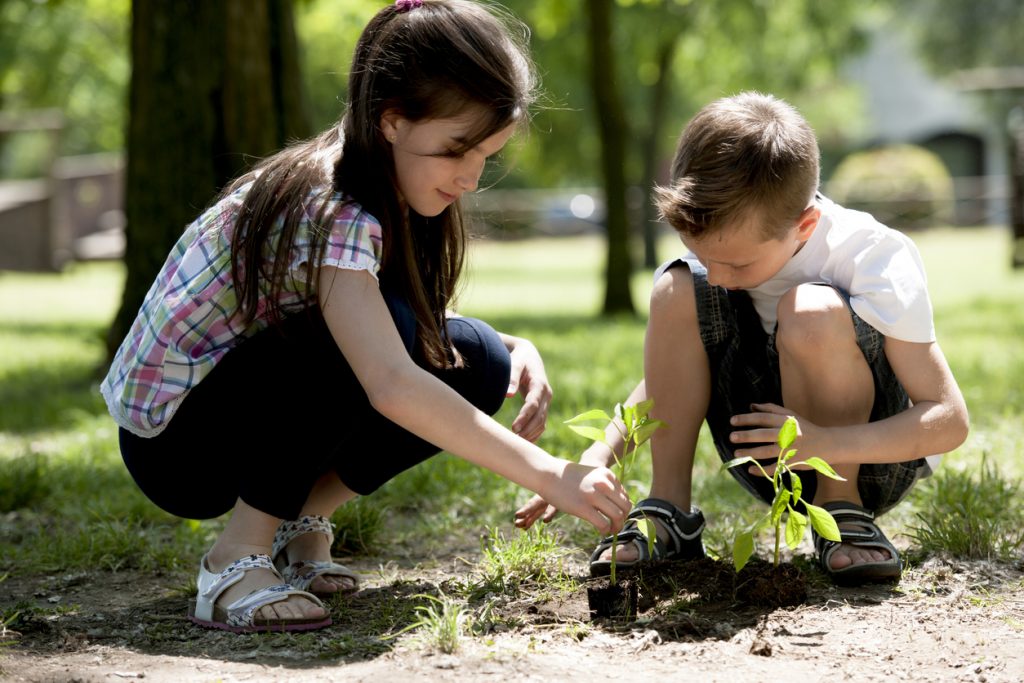This period of self-isolation can be a trying time for parents and children. It can also be a golden opportunity for genuine bonding and quality communication. Are you brave and confident enough to invite your kids to discuss life’s big questions with you and help them discover their “why”?
Big questions that engage young brains are:
- Who am I now, not what will I be?
- Why am I here? What’s my purpose?
- What are my unique strengths and potentials?
- How can I be happy and healthy?
- What are the real-world issues I care about?
- How can I make a difference in the world?
Some people live their whole lives without resolving these questions. Those who find inspiring answers and act upon them are more likely to enjoy success and enduring happiness. Other than your love, what more could you give your children?
Adolescence can be a golden age for innovation and creativity. The brain is not fully developed until the mid-20s – long after all other organs. This is a period of tremendous brain malleability and neuroplasticity – the terms scientists use to describe the brain’s intense sensitivity to its environment and its ability to reorganize itself by forming new neural connections. In supportive, nurturing and purposeful environments, all children have the capacity for prodigious accomplishments.
Kids care, often passionately, about issues that need solutions in their community and in the world. Passion, motivation, engagement and resiliency (grit) follow when people discover their why, and unimaginable potential is ignited in their brains. We’re going to need their brains to solve existential challenges we adults have not solved. Imagine how empowered they’ll feel resolving issues we couldn’t. And how proud you’ll be when they do!

Appreciate their unique interests
Your children are different, and the issues each child cares about will be, too. Begin the conversation by introducing the subject of global issues that need to be dealt with to make the world better for everyone. Offer and discuss two or three of the following:
- injustice and inequality
- preventing wars and conflicts
- ending poverty and hunger
- educational opportunity for all
- greening and protecting the planet
- conquering disease
- human rights and diversity
- protecting species and ending cruelty to animals
- eliminating discrimination
- using technology to make life better for people
After you have engaged your kids in discussing two or three issues, ask them if they can think of other issues that would make the future better. There are no wrong answers. Support and encourage all contributions. What seems important to one child may be of little interest to another.
Next, ask your children if they could see devoting themselves to any of these issues. You’ll know you’re making progress when your kids start testing ideas like, “I want to help rid the world of plastics – be the best rapper, singer, dancer, athlete ever – alleviate pain and suffering – make sure AI is a force for good – lead people to God – build a happy family – start my own business to … – and on and on.
Don’t make it about jobs
Beware not to ask, “What are you going to be when you grow up?” Being able to name an occupational goal (I’m going to be a ….) is not a WHY. It’s a how. And this question generates unnecessary stress. How can children possibly know all possible occupations and pick the perfect one? Could you as a teenager? Like them, most of us hated being asked this. Instead, ask questions to prompt discussion such as:
- How do you want to begin tackling the issues you identified?
- Researching the issues?
- Volunteering?
- Organizing friends?
- Writing or speaking?
Social networking campaign?
“Being able to name an occupational goal is not a WHY. It’s a how.”
Help them make connections
Help your children to test possible why’s by helping connect them with people doing now what they imagine themselves doing in the future. Adults love to talk about their work with sincere young people considering following in their footsteps.
By phone, email or social networking, ask family members, friends, co-workers, fellow church-goers, service club colleagues, etc., if they know anyone working on one of your child’s issues of interest (ie, campaigning to reduce the use of single-use plastics). Develop a list of people your kids could speak to. Face-to-face meetings will have to wait for now, but virtual connections can be made. Have your kids develop a list of the questions they would like to ask, and have them draft an email or a script they could use in a call or face-time session. Who knows – the person your child wants to speak with may also be in isolation and welcome the contact.
Among the questions your child could ask are: “Do you love your work? Why? How did you get here? What education and training are needed? Do you see a good future in this work? What other kinds of jobs are related? What skills and experience should I work on now? Are you happy with the lifestyle your job provides? Where can I get more information on this work?” [Note: Insist your kids send thank-you notes. It’s good to get into the practice of gratitude.]
No time like the present
Research shows that parents have far more influence on children’s career and life choices than anyone else. Take a deep breath and start making the most of your unexpected together time. Listen, acknowledge, care, appreciate, encourage, believe. Suspend certainty and have conversations whose impacts may be felt long after kids are back in school.






This is a very timely article Phil! Thanks for sharing it. This is a challenging time for many parents to think beyond their immediate family needs. The more information on this topic people can become aware of, the better. I particularly like from this research (link) the alignment of future looking activities and in particular, how learning the ‘career planning process’, builds coping mechanisms that help people through the anxiety caused by an uncertain future.
Cheers!
Lee
This is a very timely article Phil! Thanks for sharing it. This is a challenging time for many parents to think beyond their immediate family needs. The more information on this topic people can become aware of, the better. I particularly like from this research (link) the alignment of future looking activities and in particular, how learning the ‘career planning process’, builds coping mechanisms that help people through the anxiety caused by an uncertain future.
Cheers!
Lee